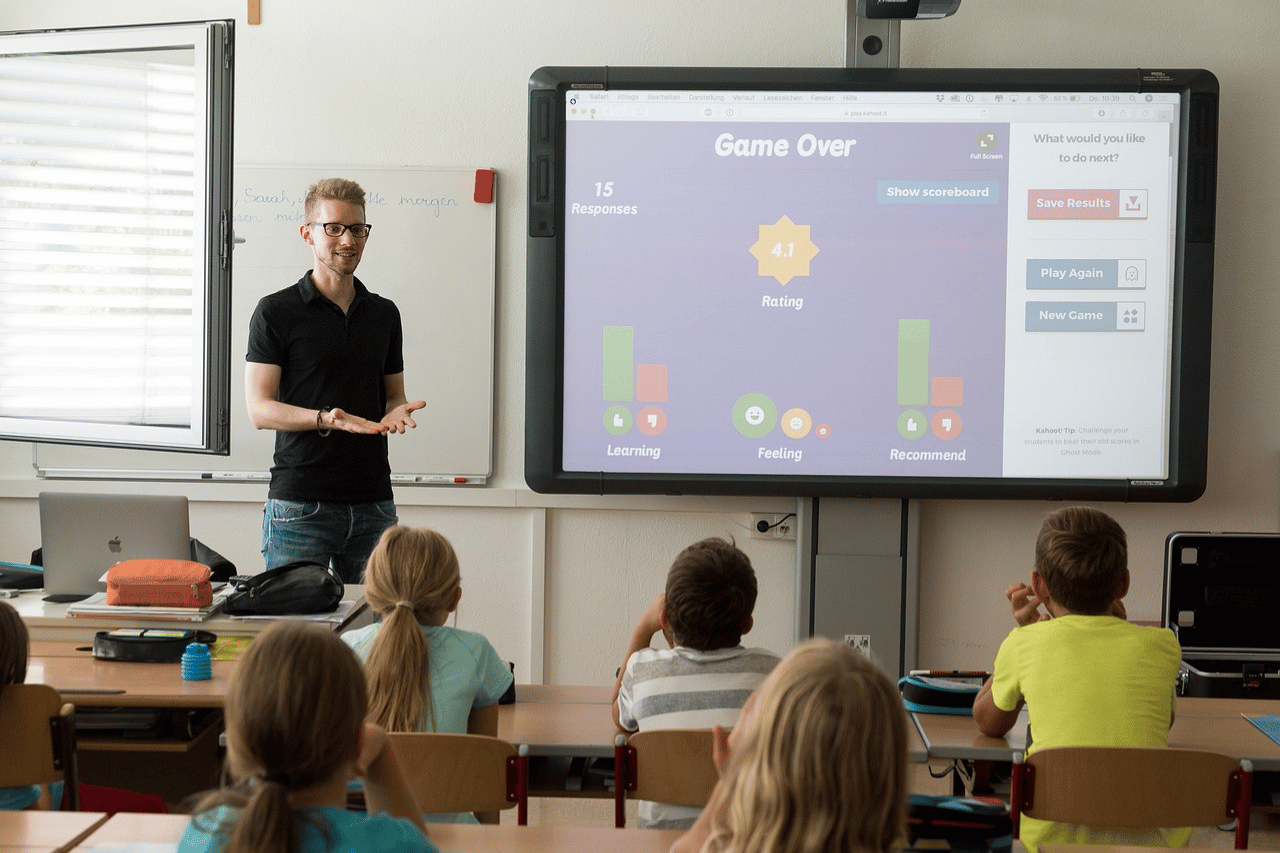
In today’s rapidly evolving educational landscape, educators face the challenge of ensuring their lessons resonate in an increasingly digital environment. The rise of AI tools in education is not merely a fleeting trend; in South Africa and beyond, it is becoming an essential aspect that has the potential to transform teaching methodologies.
Contrary to the common perception that AI could replace traditional teaching methods, these tools can actually enrich the educational experience by infusing a human touch into the learning process. By converting routine tasks into engaging interactive experiences, AI can significantly increase student participation and enthusiasm!
Join us as we delve into the transformative power of AI tools, which not only promise to enhance educational outcomes but also empower educators in innovative ways we once considered unimaginable.

Understanding the Role of AI Tools in Education
The adoption of artificial intelligence (AI) in education is revolutionising the way teaching and learning occur. In South Africa, this movement is gaining momentum, with educators and institutions embracing AI to elevate the educational experience. From bespoke learning platforms that cater to individual student needs to intelligent analytics that track progress, AI tools are redefining the educational engagement landscape.
Embracing AI in educational contexts goes beyond adopting advanced technology; it involves creating an enriching environment where learners can flourish. By personalising educational content to meet the diverse learning styles of students, schools can ensure that no student is left behind, addressing the critical educational disparities that exist in the country.
Core Concepts and Potential Challenges
While the benefits of incorporating AI tools in education are substantial, several key concepts and challenges need to be addressed to facilitate their effective implementation. Many educators express apprehension about potential disruptions to traditional teaching practices. However, it’s crucial to recognise that AI is meant to complement, not replace, the role of teachers—it enhances engagement and communication.
Common Misunderstandings Surrounding AI in Education
- AI Will Replace Educators: A prevalent myth is that AI technology will eliminate the need for teachers. On the contrary, AI can automate administrative tasks, allowing educators to devote more time to direct student interaction and effective teaching.
- A Lack of Human Connection: Critics argue that AI tools may lead to impersonal educational experiences. In reality, many AI applications are constructed to foster personalised connections, ensuring students feel supported throughout their learning journeys (source: Singh, 2023).
- Concerns About Equity: In a country like South Africa, where social inequalities exist, the concern about equitable access to AI tools is valid. It’s essential to ensure that technological advancements genuinely bridge educational divides rather than widen them.
Ethical Considerations in AI Implementation
The growing integration of AI in educational environments brings forth important ethical questions. For instance, South African universities report that students frequently deal with dilemmas related to academic integrity while using AI tools (source: Singh, 2023). Institutions must create transparent guidelines regarding AI use, ensuring these tools enhance learning rather than inhibit it.
Strategic Approaches and Best Practices
To effectively implement AI tools in educational settings, educators can adopt several strategies designed to boost engagement, enhance academic outcomes, and uphold ethical standards. Here are several actionable recommendations:
- Educator Training Programs: Prioritise professional development initiatives to equip educators with the skills necessary to incorporate AI into their teaching practices. Workshops and seminars can help clarify AI functionalities and promote a culture of innovation.
- Customised AI Applications: Choose AI solutions that specifically cater to the needs of students and educators. Examples include:
- Adaptive Learning Platforms: These systems modify content based on individual student performance, providing tailored learning experiences.
- AI-Powered Assessment Solutions: Utilise AI tools like Gradescope or Turnitin to streamline grading processes and deliver insightful feedback.
- Digital Assistants: Integrate virtual tutors or chatbots to offer immediate academic assistance and foster student connection.
- Cultivating Collaborative Learning: Use AI tools in collaborative group projects, promoting teamwork while leveraging technology.
- Feedback and Analytics: Employ AI-driven analytics to gather insights on student engagement and performance. This data can inform educational strategies and identify areas where students may need additional support.
- Establishing Ethical Guidelines: Develop clear ethical guidelines for AI application in education to ensure transparency and responsible usage.
Real-World Applications and Impact
The implementation of AI in South African educational institutions is already yielding significant results. For instance, the University of Pretoria has integrated AI technology into its learning management systems, gaining valuable insights into student engagement and performance metrics. This predictive analytics capability allows educators to identify students at risk of falling behind, enabling timely interventions.
Additionally, online education platforms like Coursera and Khan Academy have effectively utilised AI to customise learning experiences based on individual student needs. This has proven especially valuable in recent times, demonstrating how AI can adapt to provide effective educational solutions.
Projecting the Future: Emerging Trends
As we gaze into the future, it is clear that the role of AI in education is likely to expand, especially with advancements in machine learning and natural language processing enhancing student-technology interactions. Notable trends on the horizon include:
- Augmented and Virtual Reality (AR/VR): These innovations promise to deliver immersive learning experiences, allowing students to explore diverse concepts—from ancient history to scientific phenomena—in unprecedented ways.
- AI-Based Language Acquisition: Language learning platforms that leverage AI will continue transforming how students learn, providing real-time corrective feedback and contextually relevant learning opportunities.
- Comprehensive Ethical Frameworks: As AI becomes increasingly integral to education, establishing thorough ethical guidelines will be critical to safeguarding responsible usage across educational levels.
By embracing such advancements, South African educators can foster a more equitable and innovative learning environment that prepares students for future challenges. This evolving landscape illustrates how, with the right approach, AI can serve as a powerful ally in both teaching and learning.
Final Thoughts
Education is changing, and AI is playing a big role in making learning more fun and personal for every student. This is just the beginning, and there’s so much more that teachers and students can gain from these smart tools. Think about how you can use AI to connect better with students and help them grow. If you’re curious about how AI can support education in exciting ways, visit athenaai.co.za to see what’s possible. The future of learning is here—let’s step into it together!






